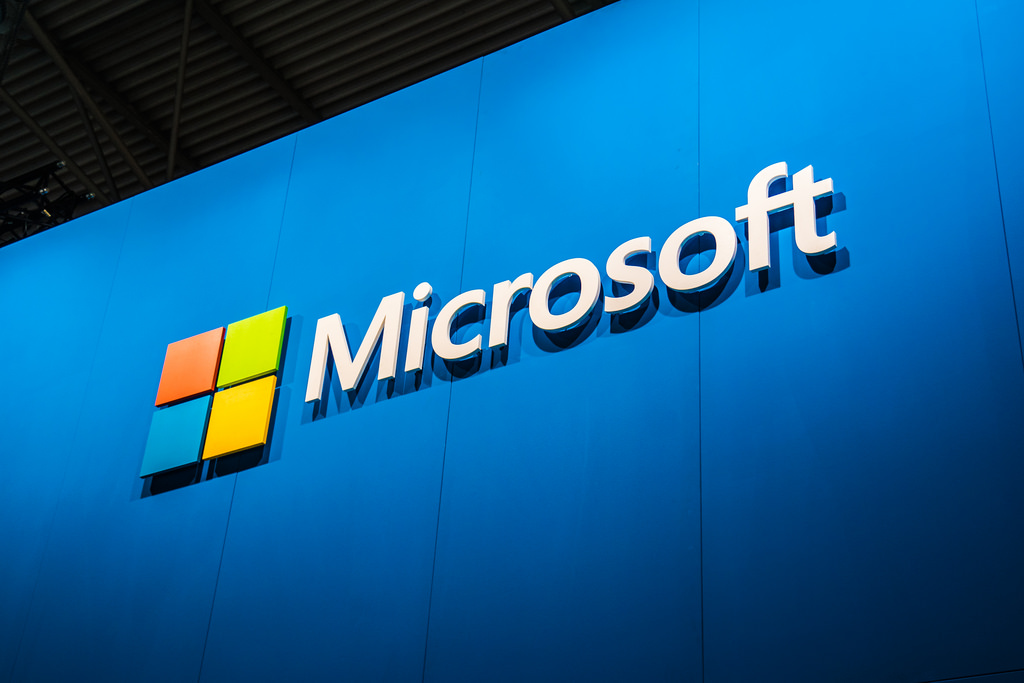 NEWS
NEWS
 NEWS
NEWS
 NEWS
NEWS
Microsoft has relented on what many suspected was a cunning plan to push newer PC owners onto Windows 10 by restricting support options for certain CPUs.
Back in January, Microsoft announced that any PC running Intel’s 6th-generation Core i5 or Core i7 processors with Windows 7 or Windows 8 would only receive limited stability and security updates until the middle of 2017, and none after that. However, Microsoft eased off a touch two months later when it said it would extend that limited support for an extra year, and would also continue to provide critical patches until the end of the device’s lifetime. Around the same time, Microsoft made a point of saying Windows Server would not be subjected to the same treatment.
Now, Microsoft has done a complete turnaround and said it will provide extended support for all such machines until Windows 7’s and Windows 8’s planned end of life.
Apparently, Microsoft has come to its senses, likely in response to overwhelming customer ire directed at it.
“Enterprise customers are moving to Windows 10 faster than any version of Windows,” Microsoft said in a statement. “[But] we recognize that, in some instances, customers have a few systems that require longer deployment timeframes.”
Microsoft then admits it “listened to this feedback”, prompting the change of policy, which will mostly impact “commercial customers” who still manage deployments of Windows 7 and Windows 8.1.
Most likely what’s really happened is that Microsoft was forced to backdown after receiving more complaints than it could tolerate, because naturally, businesses would rather buy new PCs and/or upgrade their OS when it suits them, rather than when Microsoft dictates.
As such, those who’re running Win7 or Win8 with the aforementioned chips can keep on doing so with full support, until January 14th 2020 and January 1st, 2023 respectively.
However, new PC buyers be warned – Microsoft maintains that upcoming processors including Intel’s upcoming 7th Gen Intel Core (Kaby Lake) processor family and AMD’s 7th generation processors (e.g. Bristol Ridge) will only be supported on Windows 10, and all future chip releases will require the latest release of Windows 10.
The now-abandoned plan was one of many aggressive tactics employed by Microsoft to push users onto Windows 10, along with hurling full-screen ads at users, sneaking upgrade reminders into security updates, altering standard UI behavior, and many more.
Microsoft’s last official tally states that Windows 10 is now running on 350 million machines worldwide, something the company has heralded as a triumph. Indeed, Windows 10 adoption is faster than any previous edition of the OS, but Microsoft did lose some prestige when it admitted it would be unable to reach its goal of one billion installs by 2018.
THANK YOU